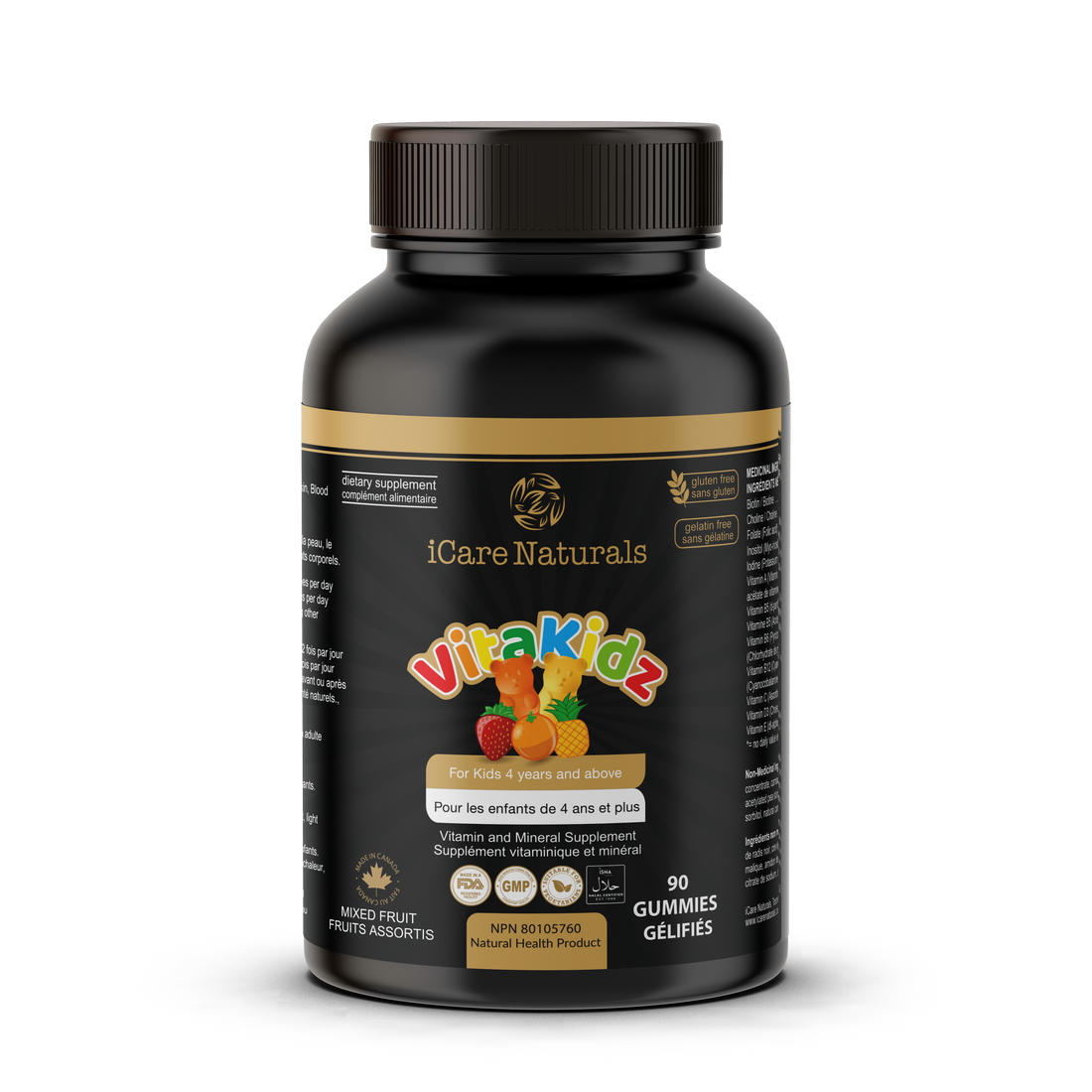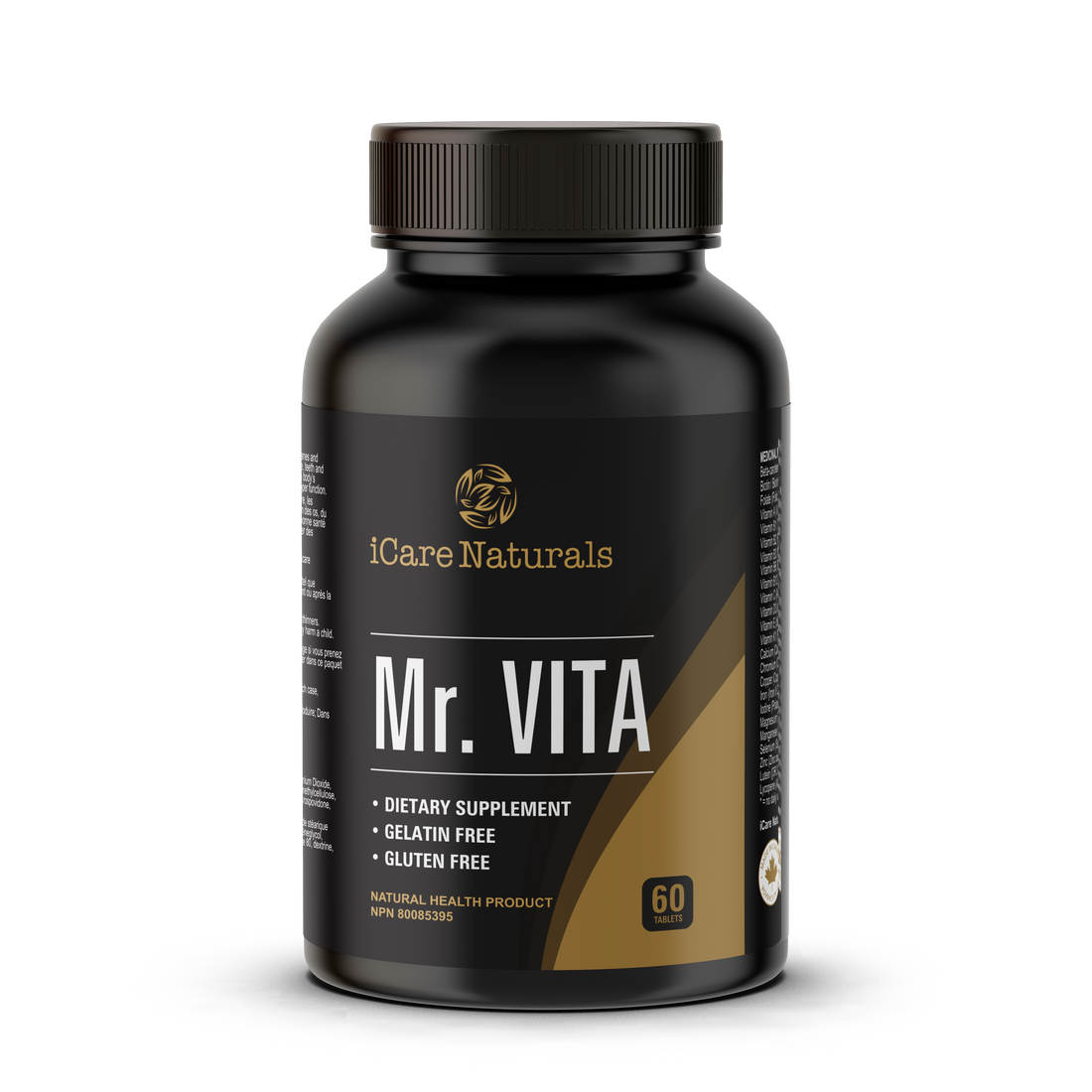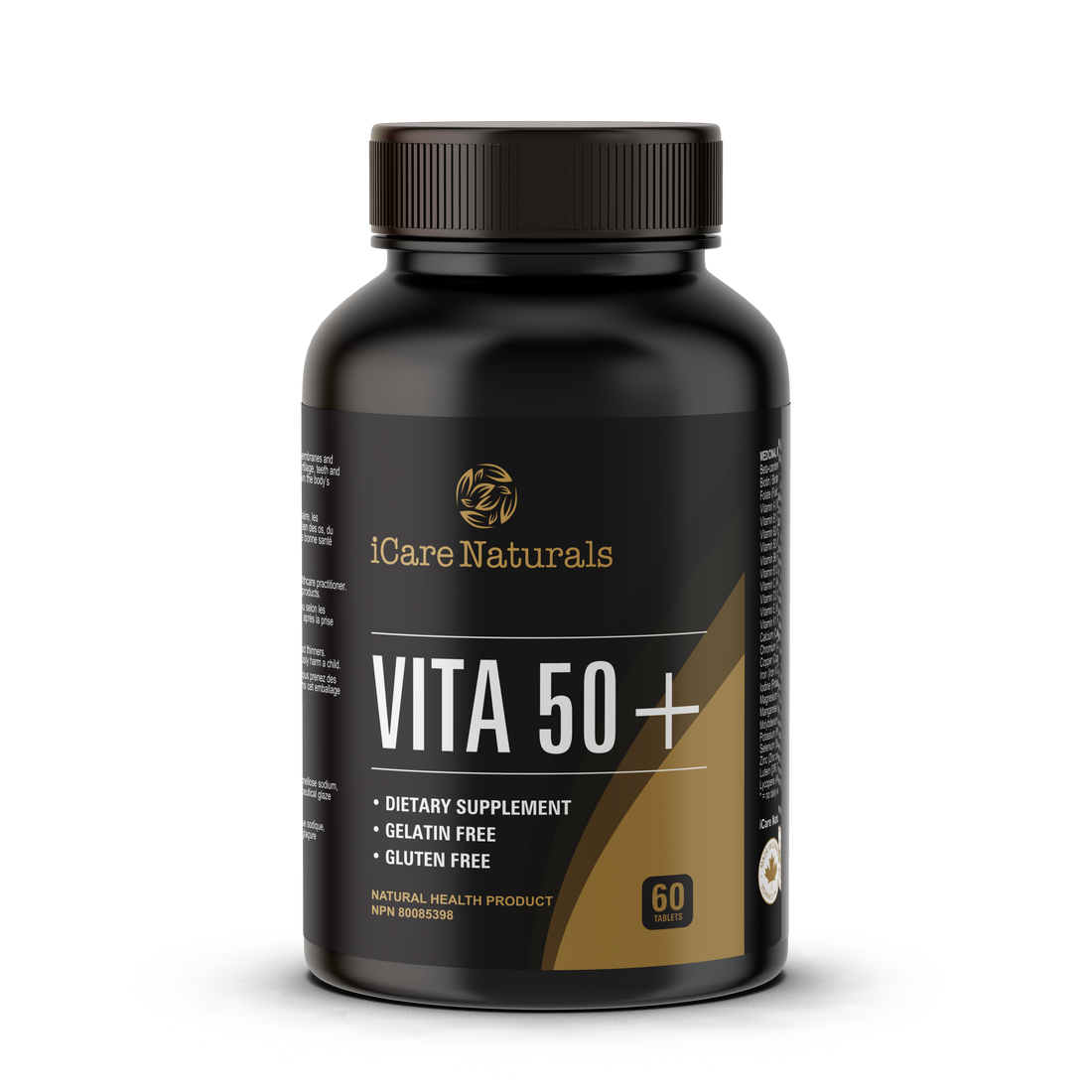People around us are becoming more conscious about their health and well-being. They have started eating healthily, going out for jogging, and some are focused on daily exercise.
However, many individuals are unable to fully absorb all the nutrients from their everyday meals, such as those in old age. Another category of people may also include those who are always occupied with work and can't focus on having an extremely nutritious diet.
If you are struggling with a similar situation, the good news is that dietary supplements have become an integral part of the daily routine for most people. Canadians, in particular, are turning to supplements to fill nutritional gaps, enhance their overall well-being, and actively manage their health.
Moreover, as the supplement market expands, consumers are faced with a significant choice: should they choose synthetic supplements or is it better to go for natural ones? This question is very complex and confusing, as each has its own differences, composition, benefits, and safety considerations.
What Defines a Supplement?
A dietary supplement is manufactured to complement your diet, not replace it. These supplements are usually taken orally and may include vitamins, minerals, amino acids, herbs, and other botanical extracts. They are widely available in various forms, including tablets, capsules, gummies, softgels, powders, and even liquids.
The primary purpose of a supplement is to provide nutrients that your diet may lack for a skincare routine. These supplements also offer additional health benefits and enhance your overall performance. However, before starting any supplement, consult your healthcare professional, who can guide you on your nutritional deficiencies and recommend suitable supplements to achieve better and visible results in your health.
What are Synthetic Supplements?
Synthetic supplements are man-made products that are created in a laboratory. They are manufactured through controlled chemical processes to follow the structure of natural nutrients.
Most of these synthetic supplements contain isolated, single-nutrient compounds rather than a blend of different elements. Some synthetic supplements include minerals, amino acids, and other compounds. Another example is vitamin C, which is mostly manufactured from chemically synthesised ascorbic acid.
What are Natural Supplements?
Natural supplements are derived directly from whole food sources, such as extracts from plants, animals, fungi, algae, or other sources. These sources undergo minimal processing to preserve their inherent nutritional complexity.
These natural supplements also contain a powerful blend of nutrients and enzymes; for instance, natural vitamin C is extracted from fruits like acerola cherries or citrus fruits, retaining a full spectrum of natural compounds.
Moreover, according to a study analysing the natural health supplement market across more than 30 countries, including Canada, it is predicted that the global natural health supplement market will reach US$121.76 billion by the end of 2034. This significant shift towards preventive healthcare through the consumption of natural supplements shows that individuals are more concerned about their health and are serious about staying fit and living a peaceful life.
4 Differences Between Synthetic vs. Natural Supplements
If you're unsure whether a synthetic or natural supplement is best for you, this decision typically comes down to several vital factors. Each type of supplement has its own set of advantages that can influence its effectiveness for different individuals.
1. Source and Composition
The primary difference between these natural and synthetic supplements lies in their composition and origin.
Synthetic supplements are created by people in a lab to copy the vitamins and minerals found in nature. Natural supplements, on the other hand, are derived from natural sources, including plants, animals, and food.
2. Bioavailability and Efficacy
Bioavailability refers to the degree and rate at which a substance is absorbed and becomes a part of our body. Natural supplements contain naturally occurring enzymes and cofactors that enhance the body's ability to absorb and utilise nutrients.
However, there are some synthetic supplements, like folic acid, that are more bioavailable and are more effectively absorbed by the body. It mostly depends on how an individual's body reacts to a supplement, whether it be synthetic or natural.
3. Consistency of Dose
Synthetic supplements are manufactured in laboratories according to strict guidelines, ensuring a consistent dosage. It is beneficial for individuals who want to manage a specific nutrient deficiency that requires a daily intake of a particular supplement.
However, the potency of natural supplements depends on factors such as the quality of the soil, the timing of harvest, and specific processing methods of herbs or plants. It may result in variations in supplement doses, though reputable brands like iCare Naturals work to minimise this variation.
The Benefits of Each Supplement Type
There are numerous benefits of synthetic and natural supplements. Understanding them can help you align your choice with your personal health goals. Here’s what you need to know about these supplement benefits:
Benefits of Synthetic Supplements
Some of the benefits of synthetic supplements include:
- These synthetic supplements provide precise and consistent nutrient values, making it easier to take daily without worrying about variations.
- They are more cost-effective for daily or long-term use.
- Some nutrients that are difficult to obtain naturally in sufficient quantities are easily accessible in synthetic form.
- Synthetic supplements are chemically more stable, resulting in a longer shelf life.
Benefits of Natural Supplements
The benefits of natural supplements include:
- These supplements provide a comprehensive range of nutrients that work synergistically to enhance absorption and efficacy.
- May contain fewer artificial fillers, colours, or preservatives that help them retain their flavour for a long time.
- Plant and herb-based supplements, such as VitaGenius, containing moringa, turmeric, ginger, and garlic, provide joint pain relief and help reduce elevated blood lipid levels by offering additional bioactive compounds that provide benefits beyond the primary nutrients.
- Some individuals find natural supplements to be gentler on their digestive systems.
Which One is Safer to Choose?
When it comes to safety, both types of supplements can pose risks if they are not manufactured properly or if they are consumed improperly. Some of the dangers of synthetic and natural supplements include:
Potential Risks of Synthetic Supplements:
- High potency of specific vitamins, especially fat-soluble ones like A, D, E, and K, can increase the risk of toxicity.
- The lack of natural cofactors may also affect effectiveness or cause imbalances in synthetic supplements.
Potential Risks of Natural Supplements:
- The varying potency can make precise dosing difficult, which may trouble individuals considering its consumption and potential results.
- For plant-based natural supplements, there is also a risk of contamination from pesticides or heavy metals if sourcing and manufacturing processes are not correctly managed.
How to Choose the Right Supplement for You?
Choosing the right supplement is essential to obtain a sufficient amount of vitamins or minerals from it. However, the best choice is one that aligns with your specific health needs, lifestyle, and budget. To know which type is the most suitable one, here’s what you need to know:
1. Identify Your Nutritional Needs
Think about your nutritional gaps or health concerns. If you follow a vegan diet, you may need a reliable source of vitamin B12, which is usually found in synthetic form.
2. Prioritise Quality
Regardless of the type, select a brand with a proven reputation for transparency and quality. Verify certificates of analysis (COAs) and results of third-party testing.
3. Consider Bioavailability
If you have concerns about absorption, consult with a healthcare professional to discuss options. They can help you determine which form of a nutrient is most suitable for you.
4. Check for Allergens and Additives
You should carefully review the ingredient list to avoid potential allergens, unnecessary fillers, and artificial ingredients. Missing this part can cause severe health concerns in the long run.
Conclusion
Are you stuck between synthetic and natural supplements, and which one to choose to fulfill your nutritional needs? Neither is superior for every person. It totally depends on the individual’s needs to consider what is the most effective and safest choice.
Synthetic supplements are a dependable choice for your specific health needs, and they're usually easy on the wallet. However, natural supplements give you a wider collection of nutrients that all work together.
Ultimately, it depends on the quality of the product, the supplement brand, and how you use it. The best way to ensure this is to conduct thorough research and consult with a healthcare professional. This will help you feel confident that you are making the best choice for your wellness journey.










